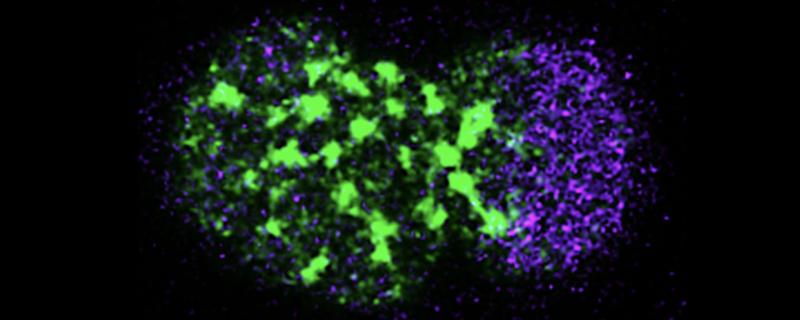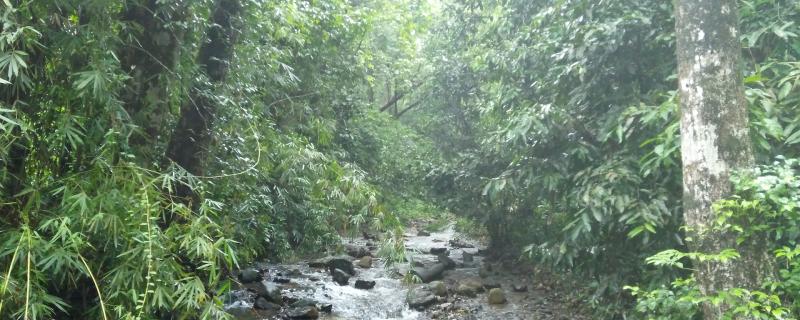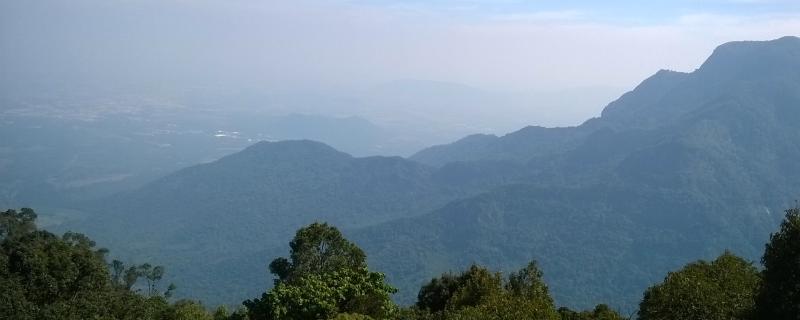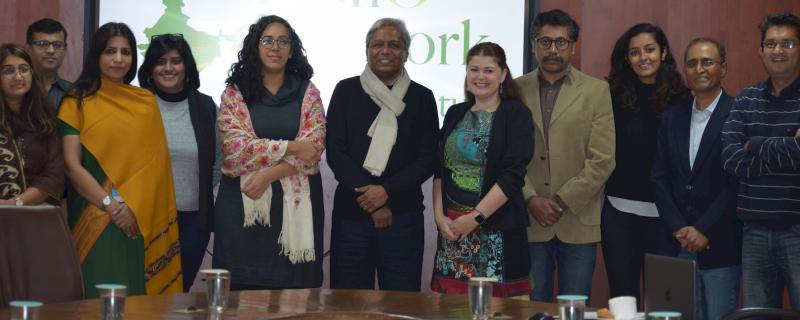Several interacting molecular and biochemical processes are vital to establishing cell polarity. In a recent study, researchers at the Indian Institute of Science, Bengaluru, studied some of these signals in the centrosome—an organelle in the cell responsible for cellular organisation—of a single-cell embryo.
Archives
As Newton’s famous quote, “standing on the shoulders of giants”, this year, science has made considerable advances, building on many feats achieved in the past years. New discoveries, insights and inventions in the areas of astronomy, biology, medicine, paleontology and physics marked the year. Here is a selected pick of ten such breakthroughs in science witnessed in 2019.
2019 was an exciting year for science as ever. We have collated the top ten stories that was popular on Research Matters in 2019. These were the ones that garnered most views because of readers like you. We would like to thank you for patronage and look forward to your support in the years to come.
While looking forward to 2020, the editorial team at Research Matters looks back on some of the interesting stories that we published during 2019. There were many interesting ones ranging from the first photograph of a black hole to air pollution in Delhi to using vibrations for painless injections. Here is a list to highlight India's year in science during 2019. This is in no way ranked and the order is just incidental.
1960ರಿಂದ, ಜಗತ್ತು ತನ್ನ ಉಷ್ಣವಲಯದ ಸುಮಾರು ಅರ್ಧದಷ್ಟು ಕಾಡುಗಳನ್ನು ತೋಟಗಾರಿಕೆ, ಮರಕಡಿತ, ಕಾಡಿನ ಬೆಂಕಿ ಮತ್ತು ರೋಗಗಳಿಗೆ ಕಳೆದುಕೊಂಡಿದೆ ಎಂದು ನಿಮಗೆ ತಿಳಿದಿದೆಯೇ? ಪ್ರಸ್ತುತ, ವರ್ಷಕ್ಕೆ ಸುಮಾರು 8 ದಶಲಕ್ಷ ಹೆಕ್ಟೇರ್ ಉಷ್ಣವಲಯದ ಕಾಡುಗಳು ಕಳೆದುಹೋಗಿವೆ.
In a recent study, researchers explore the effects of frost and freezing temperatures, a characteristic feature of montane shola-grassland ecosystems, on the native and non-native trees of these forests.
The Pradhan Mantri Ujjwala Yojna (PMUY) proved to be very attractive and has reached 80 million low-income families across the country. However, can we call it successful merely based on the number of people it has covered? A study, published by researchers from Canada, Austria, and the USA, compared the enrolment for the Ujjwala program and the trend of LPG consumption in rural Karnataka and found that although the scheme was successful in delivering its promises, it's success has been a topic of national debate.
An emerging way to treat cancer is immunotherapy, where the patient’s immune system is strengthened to attack cancer cells. It is less painful than surgery, chemotherapy or radiation therapy, and is known to lower the relapse of cancer. Now, researchers at the Indian Institute of Technology Bombay (IIT Bombay) have developed a patented technology to leverage the patient’s immune system to cure cancer.
In a recent study, published in the journal Ecosphere, researchers from Columbia University, USA, and Nature Conservation Foundation, Mysore, have assessed the effects of active restoration in fragmented rainforests of the Western Ghats.
In an event today, Prof. K VijayRaghavan, Principal Scientific Adviser to the Government of India, launched a national program to foster cross-disciplinary leadership in India. Named the EChO Network, it focuses on increasing research, knowledge, and awareness of Indian ecology and the environment. It is hoped that this program would develop a national network to catalyse a new generation of Indians who can solve real-world problems in medicine, agriculture, ecology, and technology.









